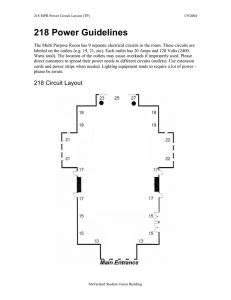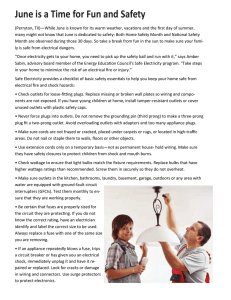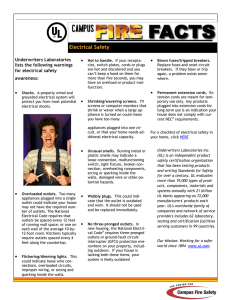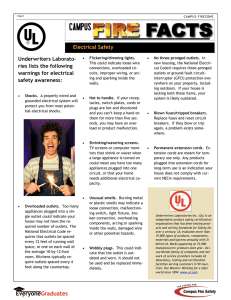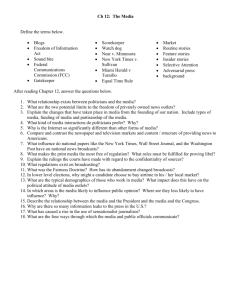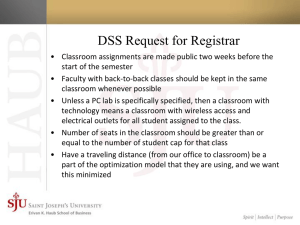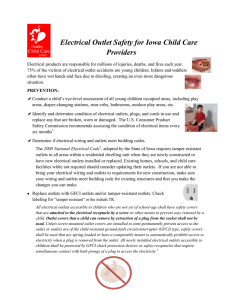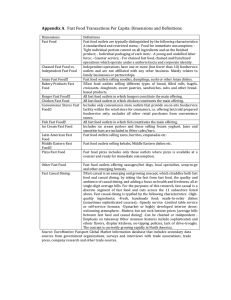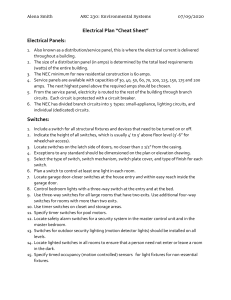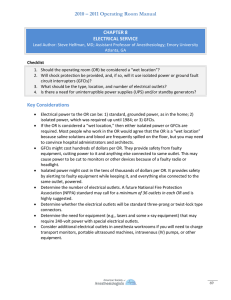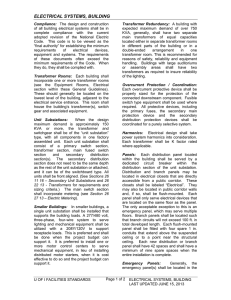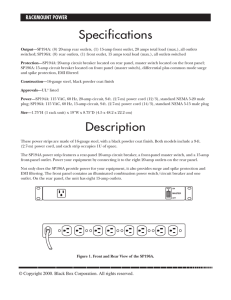Electrical shock and fire hazard safety tips for students and parents
advertisement
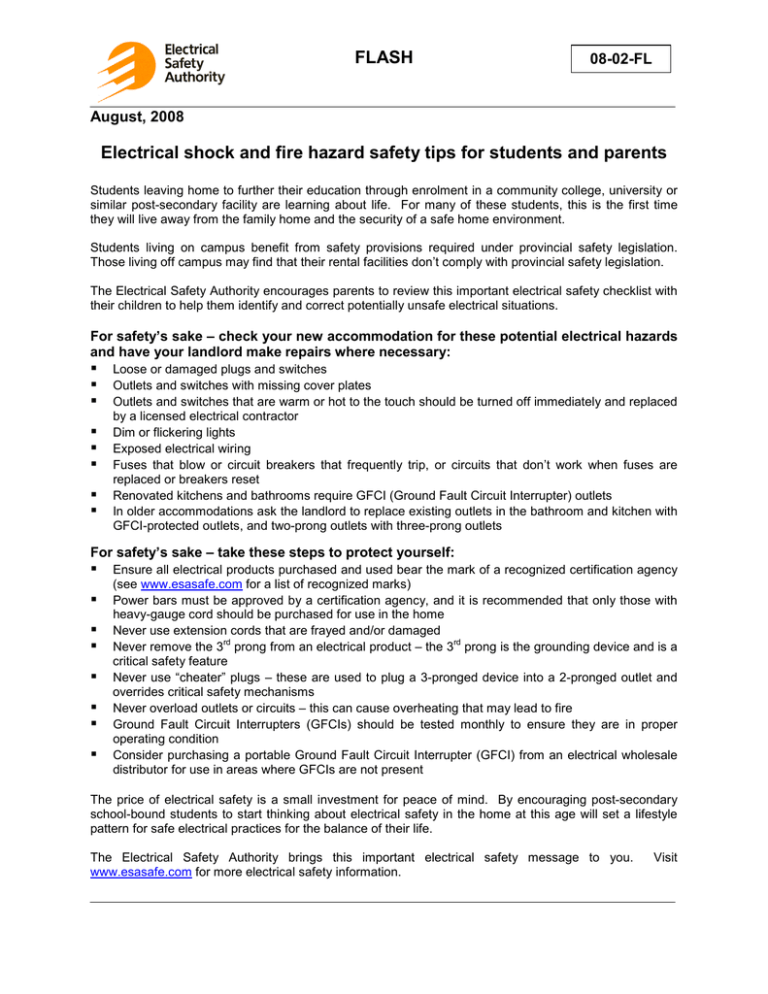
FLASH 08-02-FL August, 2008 Electrical shock and fire hazard safety tips for students and parents Students leaving home to further their education through enrolment in a community college, university or similar post-secondary facility are learning about life. For many of these students, this is the first time they will live away from the family home and the security of a safe home environment. Students living on campus benefit from safety provisions required under provincial safety legislation. Those living off campus may find that their rental facilities don’t comply with provincial safety legislation. The Electrical Safety Authority encourages parents to review this important electrical safety checklist with their children to help them identify and correct potentially unsafe electrical situations. For safety’s sake – check your new accommodation for these potential electrical hazards and have your landlord make repairs where necessary: Loose or damaged plugs and switches Outlets and switches with missing cover plates Outlets and switches that are warm or hot to the touch should be turned off immediately and replaced by a licensed electrical contractor Dim or flickering lights Exposed electrical wiring Fuses that blow or circuit breakers that frequently trip, or circuits that don’t work when fuses are replaced or breakers reset Renovated kitchens and bathrooms require GFCI (Ground Fault Circuit Interrupter) outlets In older accommodations ask the landlord to replace existing outlets in the bathroom and kitchen with GFCI-protected outlets, and two-prong outlets with three-prong outlets For safety’s sake – take these steps to protect yourself: Ensure all electrical products purchased and used bear the mark of a recognized certification agency (see www.esasafe.com for a list of recognized marks) Power bars must be approved by a certification agency, and it is recommended that only those with heavy-gauge cord should be purchased for use in the home Never use extension cords that are frayed and/or damaged rd rd Never remove the 3 prong from an electrical product – the 3 prong is the grounding device and is a critical safety feature Never use “cheater” plugs – these are used to plug a 3-pronged device into a 2-pronged outlet and overrides critical safety mechanisms Never overload outlets or circuits – this can cause overheating that may lead to fire Ground Fault Circuit Interrupters (GFCIs) should be tested monthly to ensure they are in proper operating condition Consider purchasing a portable Ground Fault Circuit Interrupter (GFCI) from an electrical wholesale distributor for use in areas where GFCIs are not present The price of electrical safety is a small investment for peace of mind. By encouraging post-secondary school-bound students to start thinking about electrical safety in the home at this age will set a lifestyle pattern for safe electrical practices for the balance of their life. The Electrical Safety Authority brings this important electrical safety message to you. www.esasafe.com for more electrical safety information. Visit
